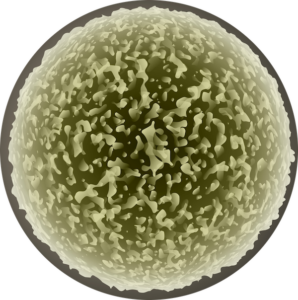Single Cell Technologies: Practical Approaches Advancing Research
10–16 July 2025
University of Costa Rica, San Jose, Costa Rica
Empowering researchers with practical strategies to overcome challenges, optimise resources, and drive impactful single-cell research
Summary
Single-cell genomics is revolutionising our understanding of cellular diversity and its impact on health and disease. Across Latin America and the Caribbean, researchers are driving innovation in this field, leveraging cutting-edge technologies and collaborative networks to advance discovery. While access to certain resources may vary, the region’s scientific community is continuously finding creative and effective ways to push the boundaries of single-cell research.
To bridge the gap between knowledge, translation and application, we will deliver an immersive programme that combines learning, problem-solving, and practical implementation. This event will strengthen technical expertise, promote innovation, and empower researchers to translate their skills into impactful scientific contributions.
Participants will be challenged to develop new approaches, maximise available data, or pioneer applications with broad scientific and clinical impact. This event will empower scientists in Latin America to shape the future of single-cell science.
Who should apply?
Researchers based in Latin America and the Caribbean who are working in genomics, computational biology, or related fields. This learn-by-doing event is designed for those seeking practical skills in single-cell data analysis and exploring problem-solving opportunities to optimise and apply single-cell data for biological and clinical insights
Prerequisite: Participants should have a background in life sciences, basic knowledge of single-cell technologies, and some experience with data analysis or bioinformatics tools.
Programme
The course will start at approximately 12:00 on Thursday 10 July, and close at approximately 18:00 on Wednesday 16 July 2025. All times are in Central Standard Time (GMT-6).
The event will be divided into two major components:
Knowledge sharing and hands-on training
Attendees analyse publicly available single-cell datasets, leveraging diversity to enhance disease research. Hands-on training will cover data processing, integration, and structuring insights for real-world applications. Troubleshooting sessions will address challenges like sample quality, infrastructure, and computational limitations.
Overcoming challenges in single-cell research
Attendees will engage in hackathon-style problem-solving sessions, tackling challenges in single-cell research through scientific translation, resource optimisation, and data-driven discovery. Mentored and collaborative teams will develop solutions for computational, logistical, and experimental constraints, ensuring that research can proceed despite limitations.
Scientific committee
Mentors

Mariana Boroni
National Institute of Cancer (INCA), Brazil
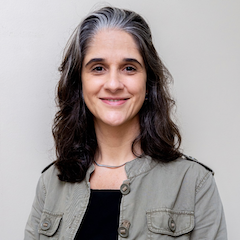
Patrícia Abrão Possik
National Institute of Cancer (INCA), Brazil
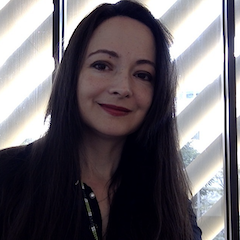
Patrícia Severino
Research and Education Institute - Hospital Israelita Albert Einstein, Brazil
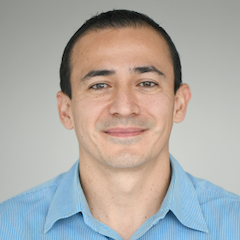
Ricardo Chinchilla-Monge
University of Costa Rica, Costa Rica
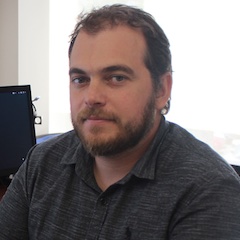
Vinícius Maracajá-Coutinho
University of Chile
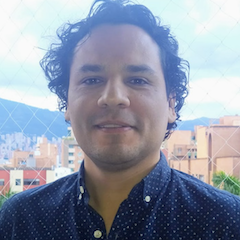
Yesid Cuesta-Astroz
University of Antioquia, Colombia
Wellcome Connecting Science
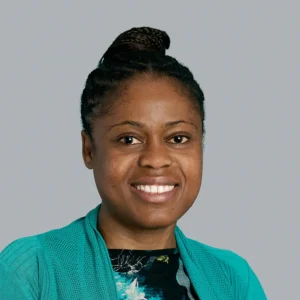
Alice Matimba
Head of Training and Global Capacity
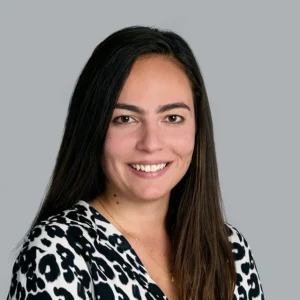
Isabela Malta
Assistant Overseas Courses Manager
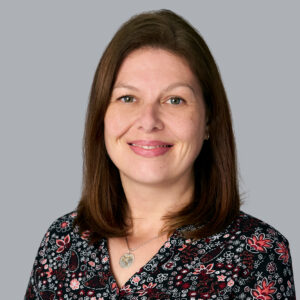
Liã Bárbara Arruda
Education Developer
Lucy Esmond
Senior Event Manager

Monica Abrudan
Bioinformatics Education Developer
How to apply
This course is open to applicants based in Latin America and the Caribbean. Out-of-region applications will not be considered.
- Start your application
- Click on the “Apply” button above to start your application. Please note that places are limited (40 attendees) and will be awarded based on relevance to their research and career development.
- Demonstrate the relevance of attending the event to your project
- Our courses are in high demand. Please provide a consistent outline of your work (research project(s) and/ or clinical/ healthcare activities). It is essential to clearly explain how the skills you will acquire from the event are directly relevant to your current role and beneficial to your work, research, or organisation. Preference will be given to applicants who demonstrate they can immediately apply skills gained in the event.
- Letter of recommendation
- Applications must be supported by a letter of recommendation from a sponsor or professional referee such as a supervisor, line manager, or head of department. The statement should be tailored to indicate their support of your application and how the course could be of benefit. This statement must be uploaded as a PDF document to the online registration system by the application deadline. Applications without a supporting statement will not be considered. Generic letters of support will receive a low score.
- Need Help?
- If you have any questions or encounter any problems with the online application process, please contact us for assistance.
Cost
Cost
The event is subsidised by Wellcome Connecting Science and is free to attend.
Bursaries
Bursaries are offered based on merit to assist with shared accommodation, travel, and living expenses during the course. To apply, complete the bursary section of the online application form, explaining why funding would benefit you.
Applicants will be informed of the outcome, along with their course placement, typically within a month of the application deadline. Please note that both the applicant and sponsor are required to provide a justification for the bursary as part of the application.
Accommodation services phishing scam – please be vigilant. More information.
Testimonials
feedback from the previous course (2024):
“The course not only gave an overview of single-cell transcriptomics but also provided valuable networking and an environment where new project ideas emerged.”
“Excellent balance between wet and dry lab, with a team of instructors who are admirable both professionally and personally, making the course a truly incredible experience. Additionally, tools and explanations were provided for conducting future research.”
